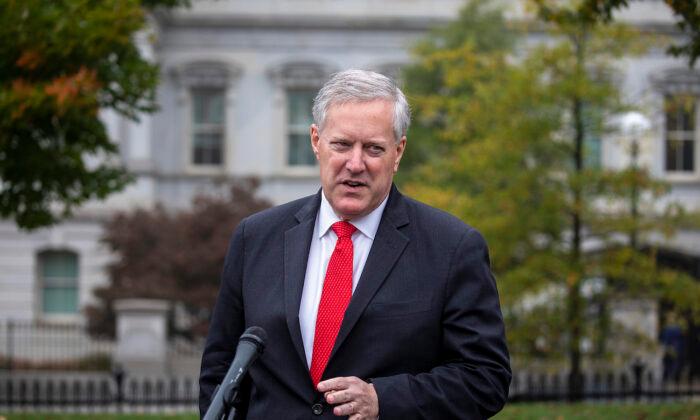On the day the United States celebrates civil rights leader Martin Luther King Jr.’s birthday (it was actually on Jan. 15), it’s well worth revisiting some of the most famous quotes King—arguably one of the greatest orators of the 20th century—made during his lifetime.
“Nonviolence is the answer to the crucial political and moral questions of our time: the need for man to overcome oppression and violence without resorting to oppression and violence. Man must evolve for all human conflict a method which rejects revenge, aggression and retaliation. The foundation of such a method is love.” — From his Nobel Prize acceptance speech in Stockhom, 1964.
“I submit to you that if a man hasn’t discovered something he will die for, he isn’t fit to live.” — From a speech in Detroit on June 23, 1963.
“…And I’ve looked over and I’ve seen the Promised Land. I may not get there with you, but I want you to know tonight that we as a people will get to the Promised Land. So I’m happy tonight. I’m not worried about anything. I’m not fearing any man.” — Part of a speech in Memphis, Tennessee, on April 3, 1968, the day before he was assassinated.
“Injustice anywhere is a threat to justice everywhere.” — From “Letter from Birmingham Jail” April 16, 1963.
“Let no man pull you so low as to hate him.” — From a sermon he delivered in 1956.
“The ultimate measure of a man is not where he stands in moments of comfort and convenience, but where he stands at times of challenge and controversy. The true neighbor will risk his position, his prestige, and even his life for the welfare of others.” — From his 1963 book, “Strength to Love.”
“We all have the drum major instinct. We all want to be important, to surpass others, to achieve distinction, to lead the parade. … And the great issue of life is to harness the drum major instinct. It is a good instinct if you don’t distort it and pervert it. Don’t give it up. Keep feeling the need for being important. Keep feeling the need for being first. But I want you to be the first in love. I want you to be the first in moral excellence. I want you to be the first in generosity.” — From “The Drum Major Instinct” sermon at the Ebenezer Baptist Church in Atlanta on Feb. 4, 1968.
“The darkness of racial injustice will be dispelled only by the light of forgiving love. For more that three centuries American Negroes have been frustrated by day and bewilderment by night by unbearable injustice, and burdened with the ugly weight of discrimination. Forced to live with these shameful conditions, we are tempted to become bitter and retaliate with a corresponding hate. But if this happens, the new order we seek will be little more than a duplicate of the old order. We must in strength and humility meet hate with love.” — From “Loving Your Enemies” delivered at the Dexter Avenue Baptist Church in Montgomery, Alabama on Nov. 17, 1957.
“I have a dream that one day this nation will rise up and live out the true meaning of its creed: ‘We hold these truths to be self-evident: that all men are created equal.’ I have a dream that one day on the red hills of Georgia the sons of former slaves and the sons of former slaveowners will be able to sit down together at a table of brotherhood. I have a dream that one day even the state of Mississippi, a state, sweltering with the heat of injustice, sweltering with the heat of oppression, will be transformed into an oasis of freedom and justice. I have a dream that my four little children will one day live in a nation where they will not be judged by the color of their skin but by the content of their character. I have a dream today.” — From “I Have a Dream” delivered at the Lincoln Memorial on Aug. 28, 1963.
“Nothing in the world is more dangerous than sincere ignorance and conscientious stupidity.” — From “Strength to Love,” 1963.





Friends Read Free